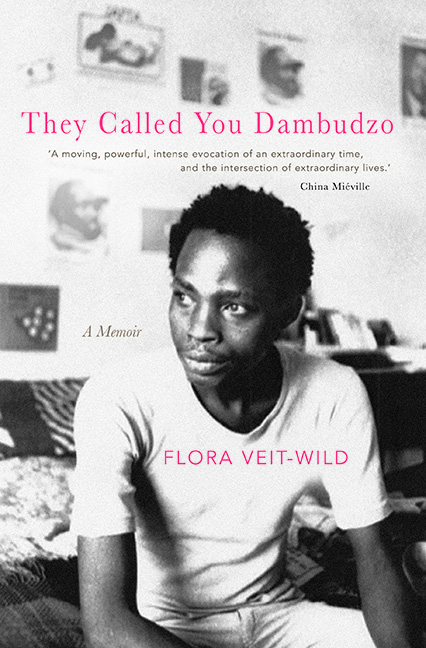Harare International Book Fair 1983
Published online by Cambridge University Press: 26 May 2022
Summary
AUGUST 1983. THE FIRST HARARE International Book Fair opened its doors at the National Gallery. People flocked to the event. The large hall on the ground floor, where you would on other days find a few forlorn art lovers, was transformed into a multi-coloured maze of bookstalls, posters, cloths and banners. An excited buzz filled the flat-roofed building. Crowds pressed through the alleys between the stalls, admiring everything on display from the publishing houses, booksellers, literary agencies, NGOs, writers’ associations, cultural foundations, literacy campaigns, schools and colleges. They leafed through books, grabbed up pamphlets and catalogues to read through later, asking questions, greeting friends. School classes were paraded through the exhibits, black faces against red or green or blue school blazers, some white faces here and there, black and white teachers urging them on, explaining, pointing to placards and posters.
I was thrilled. I wandered through the maze, drinking it all in. For me, the newcomer to Zimbabwe, it was a great opportunity to get a sense of the country's book world.
‘Look at the posters,’ I heard a teacher addressing his students at the stand of the recently founded Zimbabwe Publishing House (ZPH). ‘These are our famous writers.’ There was Charles Mungoshi, whom I had met at the Literature Bureau workshop, smiling under his chequered cap; next to him, Stanlake Samkange, novelist and historian, the first to promote the Zimbabwean cause internationally; then Stanley Nyamfukudza, Wilson Katiyo and Dambudzo Marechera, who in their works had brought the liberation war to international attention. Published outside the country, in the famous Heinemann African Writers series, they had put Zimbabwe on the literary map. Now that the war was won, local editions of their works were being produced. Their voices were to be heard, their books to be read at home, in a free state. The ZPH poster presented them for everyone to see, next to well-known writers from other African countries, each of them in a specific pose. The poster of Dambudzo – in a kaftan shirt, cigarette in hand, leaning against a pole at a bus stop – hangs in a frame on my office wall today, part of the Marechera memorabilia.
The book fair, the first of its kind, three years after Zimbabwe's independence, was a showcase to the world.
- Type
- Chapter
- Information
- They Called You DambudzoA Memoir, pp. 73 - 84Publisher: Boydell & BrewerPrint publication year: 2022



